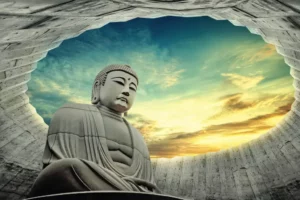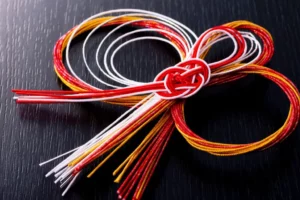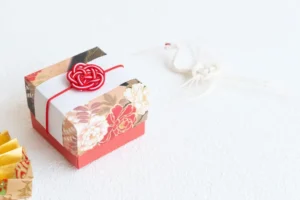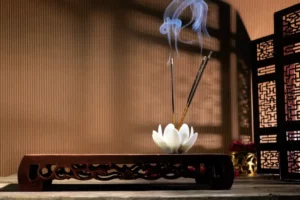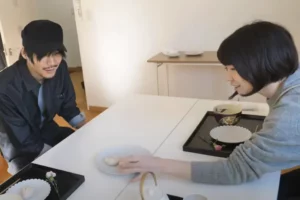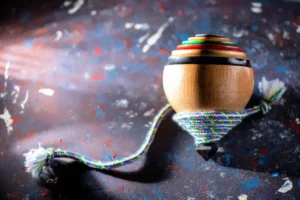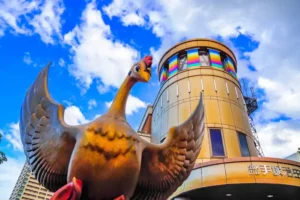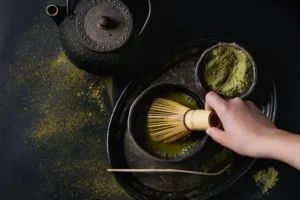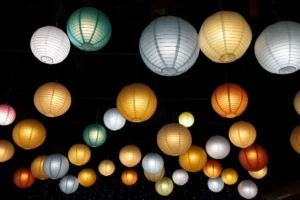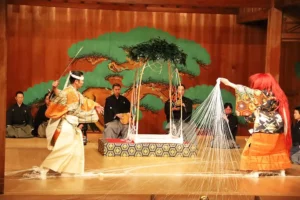
Japanese Theater of the Deaf: Bridging Cultures Through Sign
The Japanese Theater of the Deaf brings this magic to life by skillfully reimagining kyogen through sign language, where every gesture speaks volumes. Their performances create a vivid tapestry of emotion and humor that resonates with audiences at home and abroad. Let’s explore this special theater and its conquest of global crowds!

